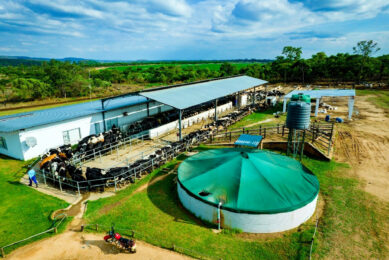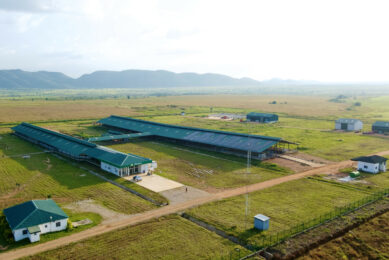A dairy journey in Africa: Why Nigeria?
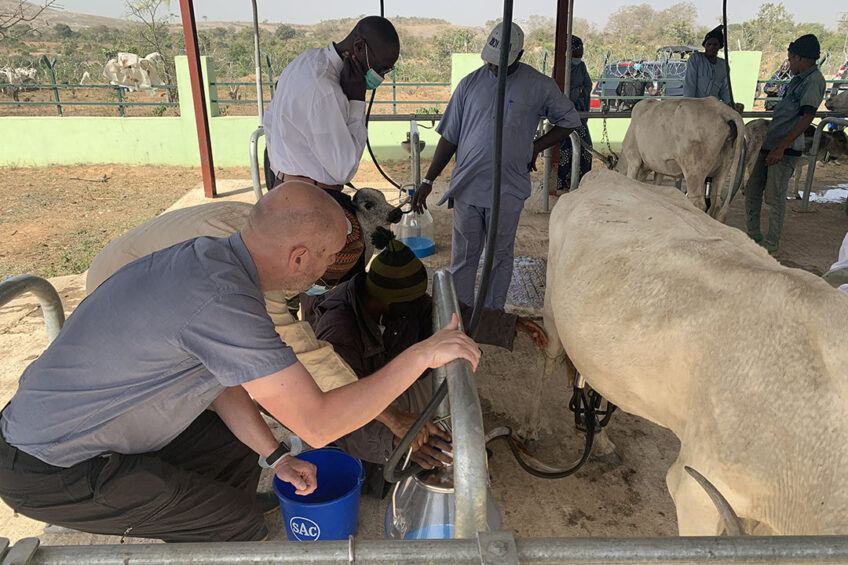
When I moved from China to Africa a year ago, to be more precise to Nigeria on the west coast of Africa, many of my colleagues around the world asked me “Why move to Nigeria of all places?”
It is a logical question after working with dairy farmers in Iceland for a decade, Danish farmers for 7 years and then with Chinese farmers for the last 3 years, most of them with thousands of cows each. Why accept an offer to work on a development programme to build up local milk production in Nigeria where the average yield is about 1.5 kg per cow per day and only a few farms with dozens of cows?
I actually asked myself the same question! All I had heard about Nigeria in the news was doom and gloom. About how unstable the country was, about kidnappings, etc. Not great selling points! But this is what media often tells us about – it does not give many clicks if you only have positive stories. So after looking closer into the matter, the answer was kind of obvious.
With the right management of the land, with irrigation during the dry season, the possibilities for dairy farming are actually amazing in Nigeria.
Amazing dairy possibilities in Africa
The possibilities are actually amazing for dairy production in Africa. The climate is great, with European summer temperatures more or less all year round, and fertile soil. Both are important ingredients for the production of feed for cows if you have water. Yes, the “if” here is the key and Nigeria has quite good sources of water.
Water is, of course, the main ingredient in milk production because with a lack of water you neither have proper feed for the cows nor proper drinking water for them and you would have a hard time getting the cows to make milk. Therefore with the right management of the land, with irrigation during the dry season, the possibilities for dairy farming are actually amazing in Nigeria.
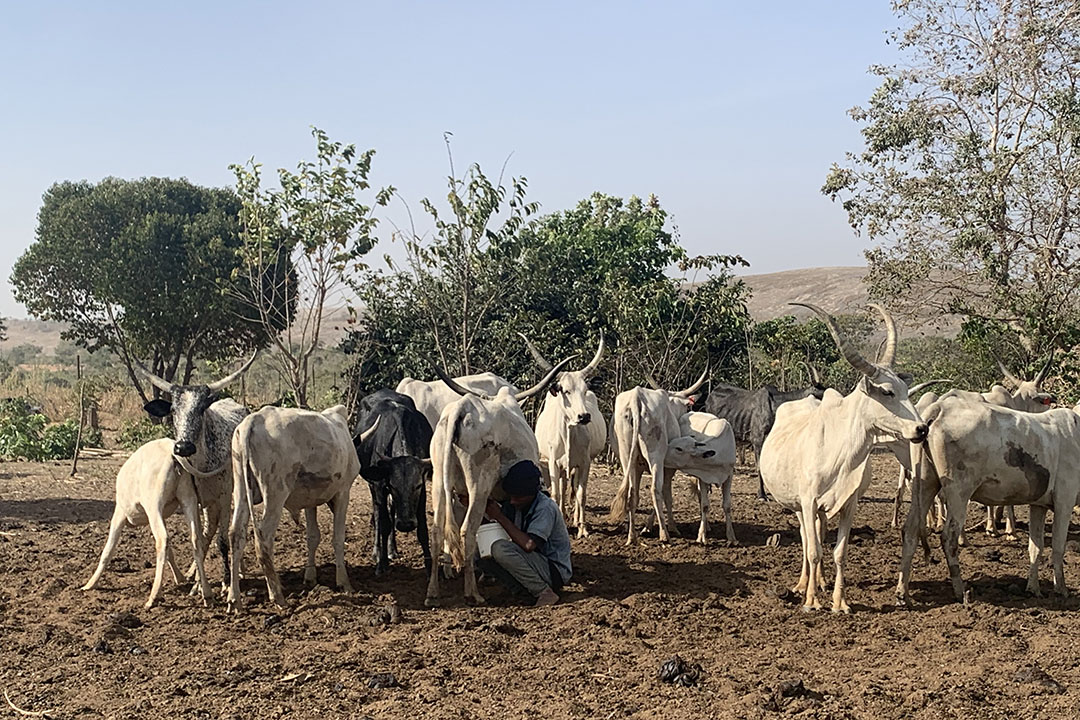
But that is only one part of the story, as this is not only the African country with the biggest population on the continent (about 220 million people), it is also the fastest-growing – yearly the population grows by 4-5 million people. That is a lot of mouths to feed!
Another interesting fact is that the consumption of dairy products in Nigeria is still quite low per capita – less than 10 kg per year. To benchmark that number we can look to the average for Africa which is around 40 kg yearly and in Europe the consumption is way above 200 kg per capita in most countries and some even higher than 300 kg per capita. In other words, consumption in Nigeria can hardly do anything but go up.
Local raw milk production in Nigeria is another interesting factor here as there is not a tradition for the establishment of dairy farms as we know them in the major dairy-producing markets. Here, milk is mainly produced by pastoralists and the yearly production today is about one-third of the consumption of dairy in Nigeria – the rest has to be imported.
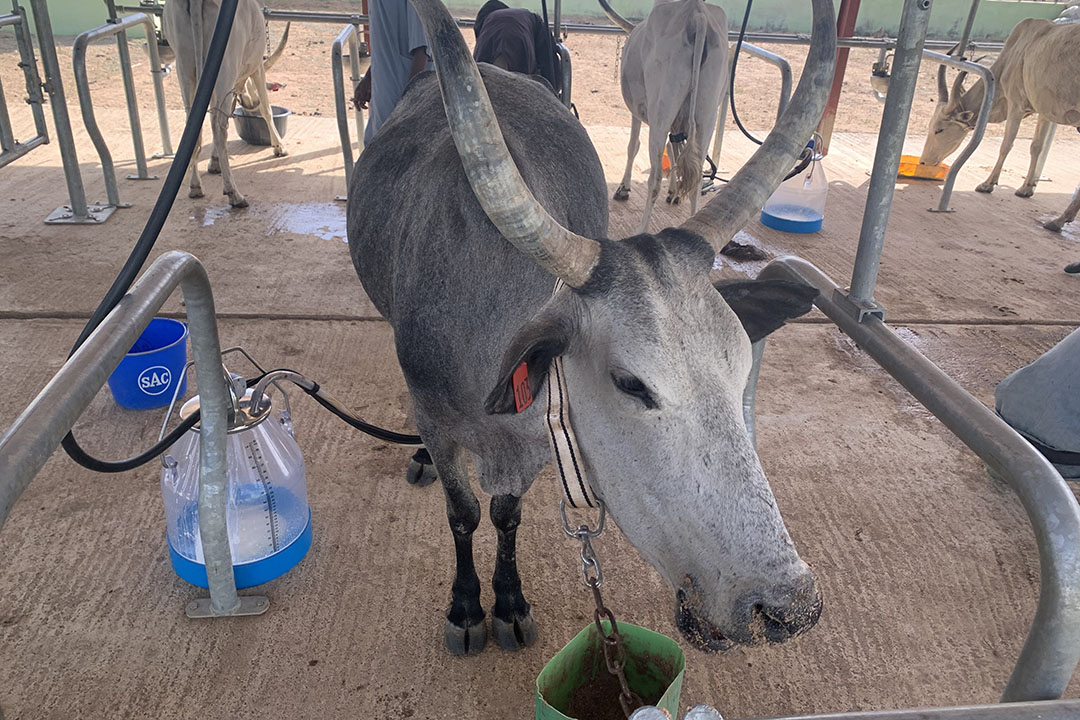
The dairy journey in Nigeria
This leads to the reason for going to Nigeria. The opportunities are here but the lack of knowledge and know-how along with traditions in dairy production that goes back hundreds of years are all great reasons to take on the task. Not that I think I alone can do this but with joint forces of many international companies I have no doubt in my mind that Nigeria will be able to increase its raw milk production dramatically in the long run. It will take time to change from pastoralist dairy farming to developed dairy farms with dozens of cows – hundreds or even thousands – but it is for sure possible.
China is a good example of that. Only 3 decades ago, dairy farming there was underdeveloped and more or less done by small family farms with few cows each. Today, the majority of milk comes from big scale farms and the production there just keeps growing over the years. It is a great example of what is possible if the authorities are ready to make the change. That is something we see and feel in Nigeria, too. The willingness to increase local milk production is clear, and that is the first step on this journey we are on in Nigeria!
*Watch this space for Snorri’s upcoming blogs on his experiences in the dairy sector in Nigeria.
Join 13,000+ subscribers
Subscribe to our newsletter to stay updated about all the need-to-know content in the dairy sector, two times a week.




